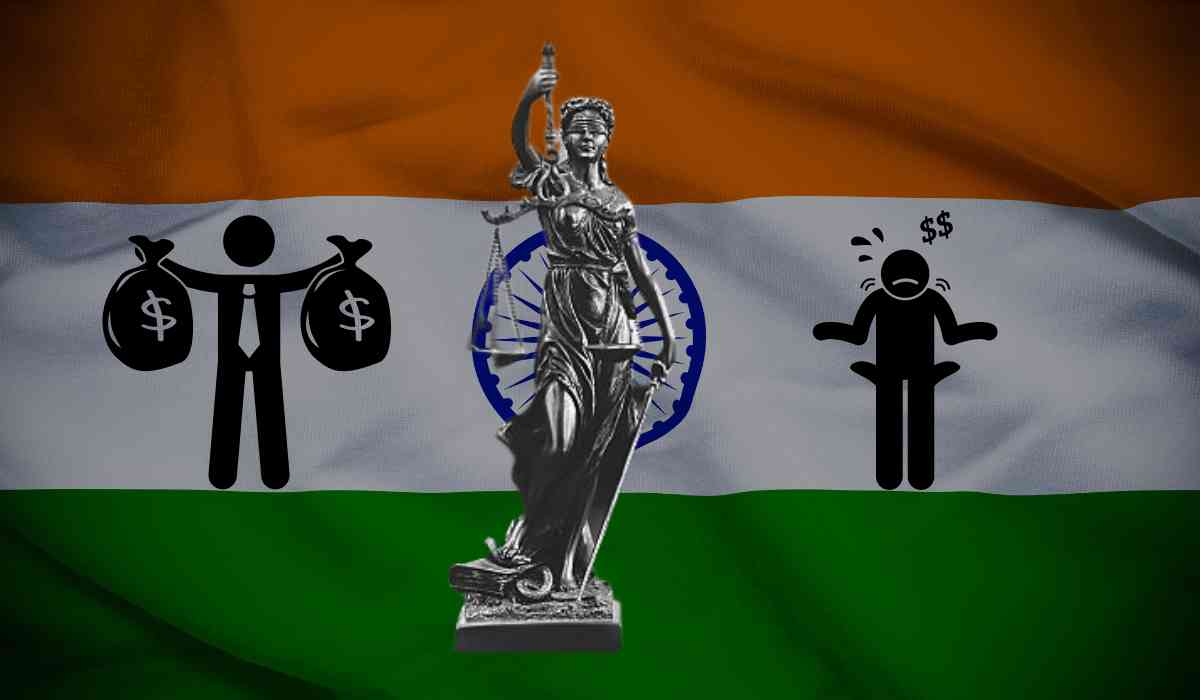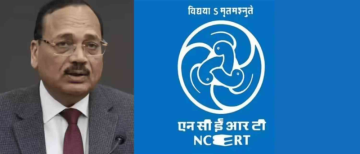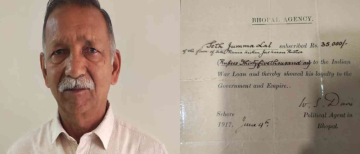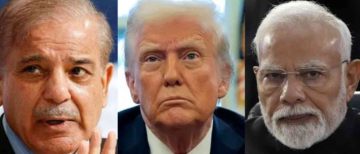On April 10, 2023, a tragic event unfolded in the heart of Pune, sparking a fervent debate about privilege, accountability, and justice. Seventeen-year-old Vedant Agarwal, the son of a prominent real estate developer, was behind the wheel of a speeding Mercedes when he lost control, crashed into a divider, and ended the lives of two innocent bystanders. This heartbreaking incident has laid bare the deep-rooted issues of privilege and the unequal application of justice in India. It's time for Vedanta Agarwal and his family to face the full consequences of their actions and set a precedent for a more equitable society.
Reckless Behaviour and Its Devastating Consequences
On the night of April 10, 2023, at around 11 p.m., the bustling streets of Pune became the scene of a horrific accident. Vedant Agarwal, accompanied by his friends, was driving his father's luxury Mercedes at breakneck speed. Despite being underage, Vedant's reckless actions displayed a shocking disregard for the safety of others. As he approached a busy intersection, he lost control of the vehicle, careened into a divider, and fatally struck two people waiting at a bus stop.
_1716883883.png)
Vygr File Photo
The victims, identified as 24-year-old software engineers Aneesh Awadhiya and Ashwini Kostha, both originally from Madhya Pradesh but working in Pune, were pronounced dead at the scene. Aneesh and Ashwini were on their two-wheeler when Vedant's speeding car struck them during the early hours of Sunday morning in Pune's Kalyaninagar area. Reports indicate that Vedant was driving under the influence of alcohol. Their tragic deaths leave a gaping hole in the lives of their families and loved ones. Their stories are a stark reminder of the human cost of such reckless behaviour.
For more on this read: Essay As Bail Condition: Pune Teen Gets Bail In 15 Hours In Porsche Crash, Killing 2
Bail Conditions: A Slap on the Wrist
In the immediate aftermath of the incident, Vedant Agarwal was arrested and charged with rash and negligent driving, endangering life, and causing death by negligence. However, just 15 hours after his arrest, he was granted bail with conditions that seemed woefully inadequate given the gravity of his offences. The lenient bail terms, which included writing a 300 word essay and parental monitoring, have sparked widespread outrage and scepticism about the fairness of the judicial process. This perceived slap on the wrist has deepened the wounds of the victims' families and fueled public anger.
Family's Potential Manipulation
Vedant's father, Vishal Agarwal, a powerful real estate magnate, and the pub that allegedly served alcohol to the minor have also been implicated in the case. This points to a broader network of culpability and raises fears that the Agarwal family might leverage their wealth and influence to manipulate the legal process. Concerns abound that they might attempt to confuse eyewitnesses, alter facts, and employ high-powered lawyers to evade accountability. Such manipulations, if they occur, would be a grievous miscarriage of justice.
For more on this: Pune Porsche Massacre - Bar Where Underage Drank Has Been Sealed, Father Of Teen Arrested
The Salman Khan hit-and-run case
India has a troubling history of high-profile cases where the wealthy and powerful have managed to escape justice. One such case is the infamous Salman Khan hit-and-run incident. On September 28, 2002, Khan's vehicle ran over five people sleeping on a sidewalk in Bandra, Mumbai, killing one and injuring four. Despite being charged with culpable homicide, his conviction was later overturned, citing insufficient evidence and unreliable witnesses. This case left many questioning the integrity of the legal system and the influence of wealth and status.
Mukesh Ambani's Son and the Aston Martin Crash
In another case, Mukesh Ambani's son, Anant Ambani, was involved in a car accident in 2018 where his Aston Martin collided with a stationary vehicle, causing injuries. Despite the severity of the incident, Anant faced no significant consequences, illustrating how privilege can shield individuals from the full extent of the law.
_1716884307.png)
Stricter Enforcement and Societal Impact
The Vedanta Agarwal case is not just about one individual's reckless behaviour; it is a reflection of broader systemic issues within Indian society and its legal framework. By ensuring that Vedant and his family face appropriate consequences, the justice system can send a powerful message that privilege and wealth do not place individuals above the law. This case presents an opportunity to demonstrate that the law applies equally to all, regardless of their socioeconomic status.
India has seen numerous cases where the victims, often from less privileged backgrounds, did not receive justice due to the influence and wealth of the accused. In the Jessica Lal murder case, it took widespread public outrage and media pressure to eventually convict Manu Sharma, who was initially acquitted despite strong evidence. Similarly, the Priyadarshini Mattoo case
Similarly, the Priyadarshini Mattoo case saw the accused, Santosh Singh, initially acquitted before a higher court intervened years later to deliver justice.
_1716884553.png)
This tragic incident in Pune is a stark reminder of the dangers on Indian roads. According to the recent report by the Ministry of Road, Transport, and Highways, over 460,000 road accidents occurred in 2022 alone, claiming a staggering 168,000 lives. Two-wheeler riders, like the victims in this case, Aneesh Awadhiya and Ashwini Kostha, are disproportionately impacted, making up nearly half of all road accident fatalities. These statistics highlight the urgent need for improved road safety measures and stricter enforcement of traffic laws to prevent such senseless tragedies.
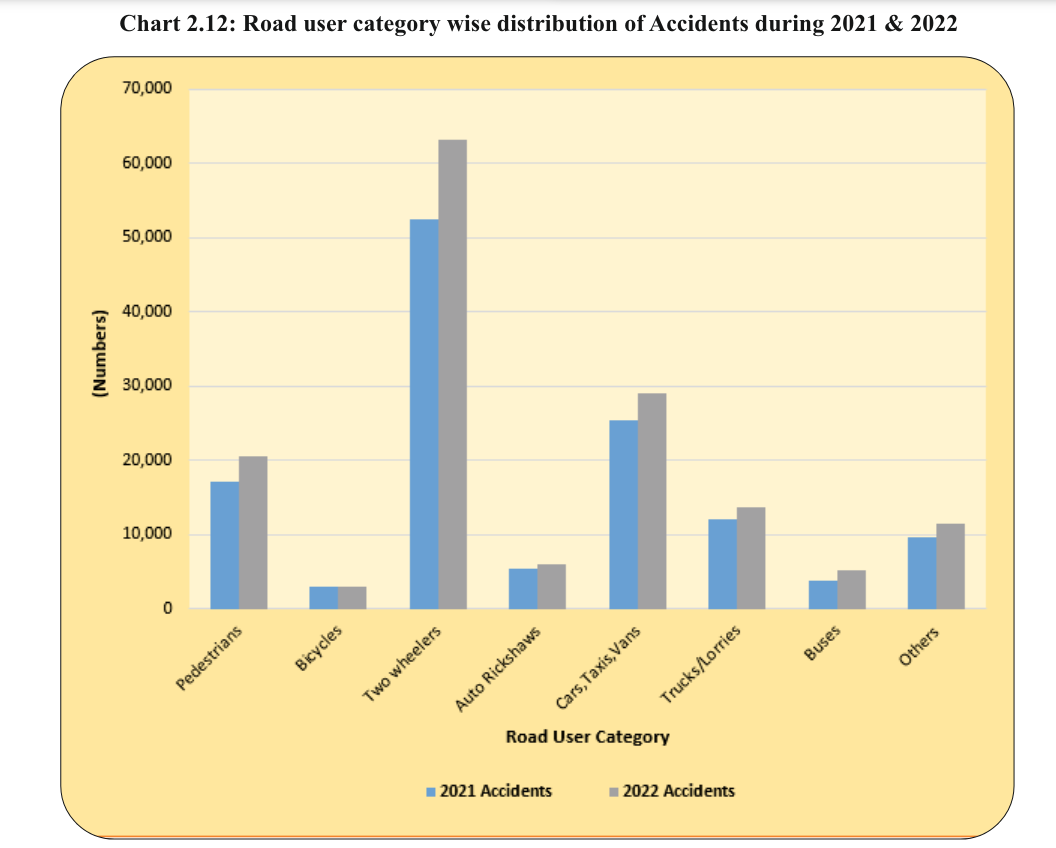
Road user category wise distribution of Accidents during 2021 & 2022
The public must demand accountability and transparency in the justice system. This case, along with many others, highlights the urgent need for judicial reforms to ensure that justice is not swayed by wealth or status. The Indian legal system must work towards creating an equitable society where every individual, regardless of their socioeconomic background, is held accountable for their actions.
Despite occasional public outrage, there is a tendency for society to move on to the next news cycle and forget the lessons from past incidents. This apathy contributes to a culture of impunity. The stark reality is that, unless there is sustained public pressure, the cycle of privilege protecting the guilty will continue unbroken.
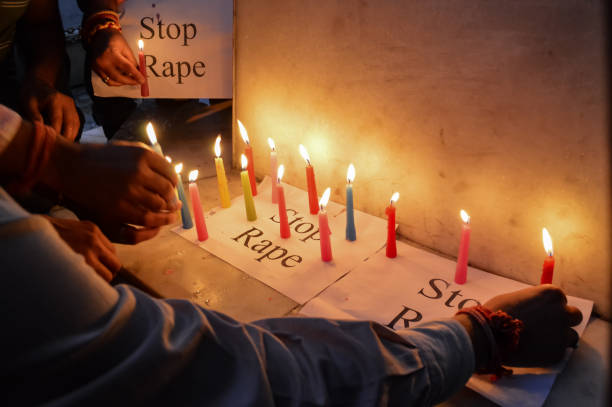
The issue extends beyond road accidents to other serious crimes, such as gender-based violence. Despite public outcry and high-profile convictions, cases of abuse and rape remain rampant, with many perpetrators escaping severe punishment. This highlights a deeper societal issue where laws are not enforced uniformly and justice remains elusive for many.
The Vedanta Agarwal case presents a crucial test for the Indian justice system. By holding Vedant and his family accountable for their actions, the courts can help restore public faith in the legal process and send a clear message that reckless behaviour and the abuse of privilege will not be tolerated. It is time for the privileged to face the consequences of their actions, just as any other citizen would. The victims, Aneesh Awadhiya and Ashwini Kostha, deserve justice, and their families deserve closure. It is up to the public to demand this change and ensure that the scales of justice are balanced, not tipped in favour of the wealthy and influential. Only then can we truly achieve a society where the law applies equally to all.
As a person, I find myself torn about deciding the fate of Vedant Agarwal, a juvenile facing charges that have irrevocably altered the lives of two families. On one hand, it's heartbreaking to contemplate the severe consequences a young person might face for actions that stem from a lack of parental responsibility and oversight. The real culpability extends beyond Vedanta, implicating those who enabled such recklessness. The pub that allegedly served him alcohol and his parents, who allowed him to drive, share in this tragic responsibility.
Yet, on the other hand, there is a pressing need to publicise this case and ensure justice is served to instill fear in those who might otherwise engage in similar careless actions. The stark reality is that in many situations, it is the poor who are targeted and manipulated, as in the Pune case, where a driver was allegedly asked to take the fall for Vedant. The wealthy and influential often use their privilege to shield themselves from consequences, perpetuating a cycle of impunity.

Balancing the scales of justice in this case is not just about penalising Vedant but about addressing the systemic failures that allowed this tragedy to happen. It is about sending a clear message that privilege cannot and should not place individuals above the law. The memories of Aneesh Awadhiya and Ashwini Kostha, demand this accountability, and their families deserve the closure that only a fair and just legal process can provide.
Inputs from Multiple Agencies
Media Sources: Multiple sources
ⒸCopyright 2024. All Rights Reserved Powered by Vygr Media.

